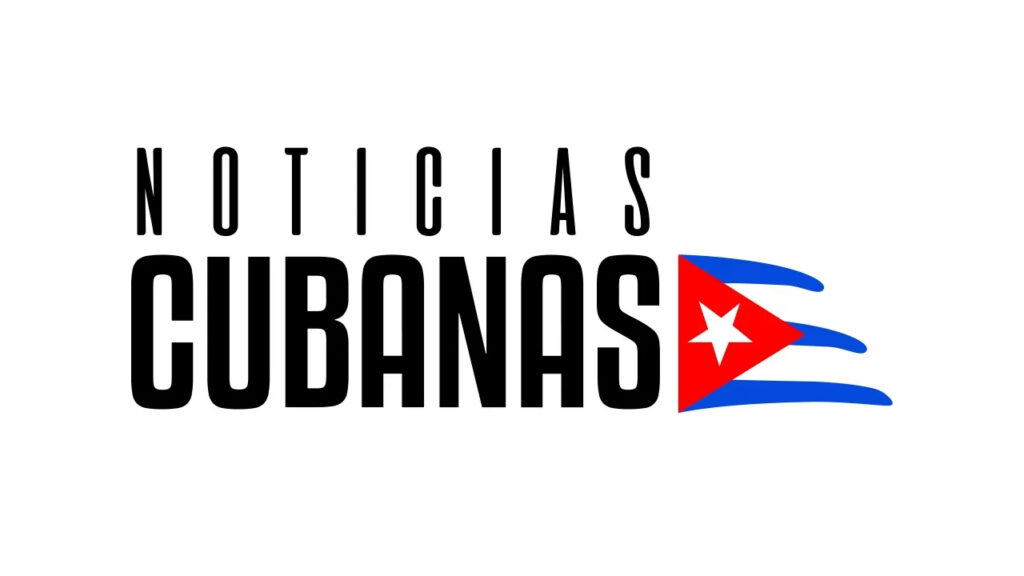On April 10, 1892, while in exile, José Martí finished the organizational work of the Necessary War with the proclamation of the Cuban Revolutionary Party (PRC), bound to become the top leading body of Revolution, “to achieve absolute independence for the island of Cuba and to aid and encourage that of Puerto Rico, through the combined efforts of all men of good will”.
The Apostle studied the practices of the political organizations during capitalist development and their role as instruments of political ambition propped up by false populism and demagogy before he conceived and founded a different Party for the future republic, based on the principles of independence and truly democratic methods at variance with any petty interests and designed to unite all generations of patriots.
That was Marti’s idea to spare the Revolution from the errors, negative tendencies and division within the ranks of patriots in previous Cuban pro-independence campaigns and from the unfortunate fate of emancipation processes in South America, marked by caudillismo and the evils of colonialism.
As stated in its platform, the PRC laid the foundations for “a new and sincerely democratic nation” by banishing authoritarian practices in politics and the economy.
The PRC was proclaimed in exile on April 10 that year, the same date of the approval of the first Constitution of the Republic of Cuba in Arms in 1869, even if Martí’s early fall in combat prevented the completion of his revolutionary strategy.
With the end of the Necessary War and the beginning of the U.S. intervention, the neocolonial program dissolved all the representative organs of the pro-independence fighters, mainly the Liberation Army and the Cuban Revolutionary Party and established in the Island a colony with the deceptive appearance of an independent republic.
Favoring such move was the role played in favor of imperialism by Tomas Estrada Palma, an underhanded annexationist who became the first president of the Republic and disbanded the PRC in 1898, which upset prominent grassroots organizations and members in exile.
Martí’s friend and close collaborator Juan Gualberto Gómez considered that “in the future of Cuba, only the PRC can lead us to and maintain freedom, progress and the principles of true democracy as the bases of our program”.
Exiled PRC members condemned Estrada Palma’s decision, including the patriots settled in Santo Domingo, who pointed out: “The Cuban Revolutionary Party has not finished its work, as it was founded with a view to Cuba’s absolute independence”, according to the outstanding Cuban researcher Ibrahím Hidalgo Paz in his studies on the banishment of the PRC.


